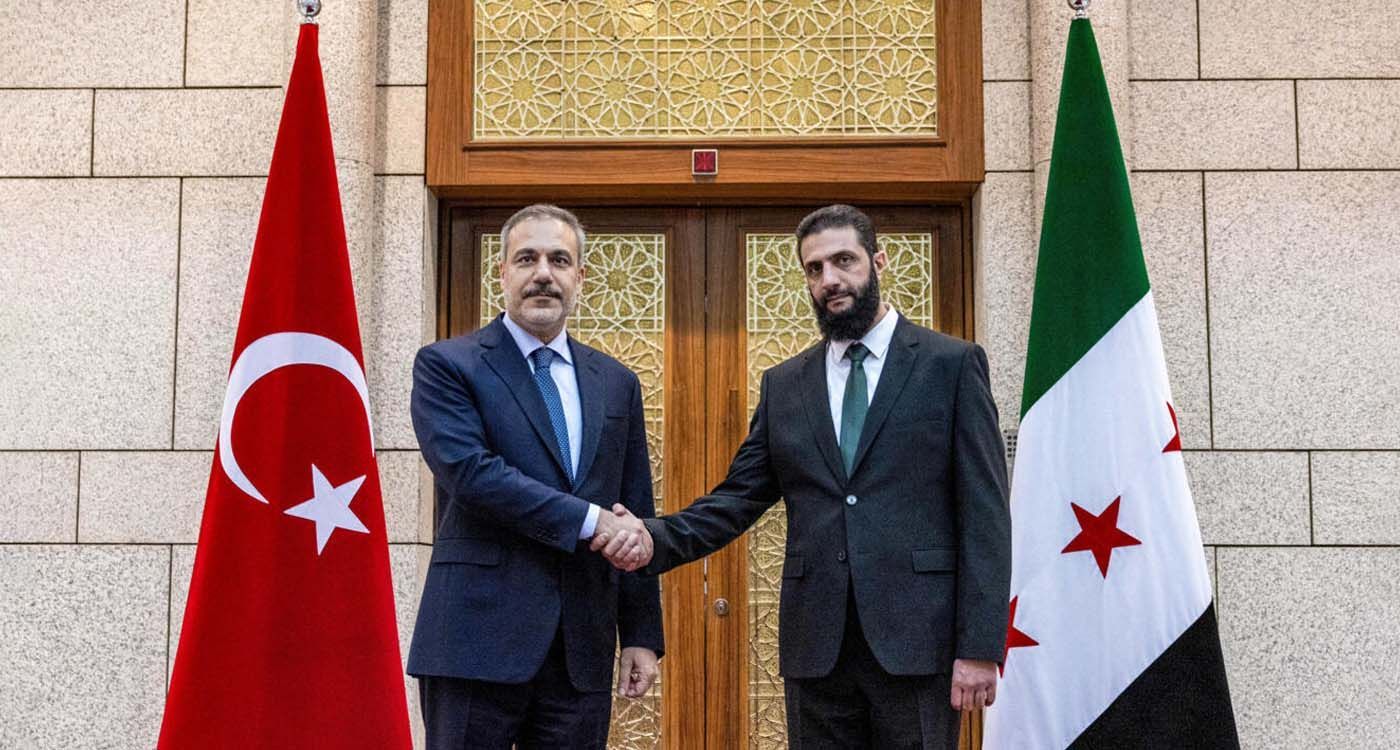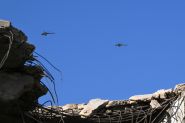- Home
- Middle East
- Middle East Crisis: A Challenging Transformation

©AFP
It was hardly surprising. In this part of the world, where decades of chronic turmoil are frequently interrupted by bouts of disorder fueled by power struggles, the potential for harm has yet to be fully contained.
A new political landscape appears to be emerging in various parts of the Middle East, as declared by Israeli Prime Minister Benjamin Netanyahu. The region is said to be on the brink of entering an era of genuine and lasting peace — a vision endorsed by President Donald Trump. Yet, this optimistic outlook overlooks the obscurantist and reactionary (Islamist) factions that refuse to concede defeat, despite the significant and highly strategic developments of recent months. Against this backdrop, significant disruptive forces are surfacing in the Middle East on both macro-political and transnational as well as local levels.
On the geostrategic front, Iran's Islamic Revolutionary Guard Corps (the Pasdaran) have made their stance clear. Their commander, General Hossein Salami, steadfastly asserted recently that “the resistance has not been weakened,” pointing to how "the Yemenis are defending Palestine and Gaza." Essentially, by persisting in a state of denial — bordering on the absurd — over the Iranian axis’ spectacular collapse and disregarding the devastating human toll of this latest chapter in the Middle East’s long series of futile wars, the Pasdaran reaffirm their determination to stay the course in their handling of the regional situation.
To further confirm this obstructionist stance, General Mohsen Ridaï, a key figure in Iran’s radical camp, openly declared that “the youth and the resisting people in Syria will not remain silent in the face of occupation and internal oppression, and within less than a year, they will reignite the resistance in Syria on new foundations, thwarting the plans of the United States and the Zionist entity.” A sign of the times since Bashar al-Assad’s fall: this Iranian position has been publicly condemned and viewed by the Arab League as an incitement to subversion in Syria.
General Ridaï's statements likely target domestic audiences, echoing the last efforts of a dwindling political figure. However, given the deeply ingrained theocratic mindset in Iran, the radical faction represented by the Pasdaran may resort to subversion, destabilization and, at its core, its favored tactics — assassinations and terrorist activities — to sabotage efforts to reshape the Middle East on pluralistic, liberal foundations that respect the right to diversity.
In this regard, it is not unlikely, as implied by General Ridaï's statement, that hardline factions in Iran may enlist extremist Syrian jihadists (and possibly remnants of the former regime) to undermine the new regional order. These groups are already operating disruptively in certain areas of Syria. This is where another disruptive capability, on a more “local” scale, comes into play.
The greatest challenge currently facing the rulers of Damascus — led by the enigmatic newcomer Ahmad al-Sharaa — is, from the outset, to undermine the efforts of the modern-day Don Quixotes of the Middle East. These figures, blinded by a retrograde ideology disconnected from reality, embark on futile, doomed military ventures. At this stage, the region is truly at a historic turning point.
The chance for a much-needed transformation of the region, in alignment with the course of history, requires both the right resources and continuous international support to decisively tilt the balance in favor of pluralism and political liberalism. This will be crucial in the upcoming power struggle — likely instigated by the Pasdaran — between Islamist extremism and the pragmatic faction advocating for global openness. The outcome will not only shape Syria's future but that of the entire region.
Lebanon, a key player in this context, sees Hezbollah adamantly refusing to accept the disarmament terms of the November 27 ceasefire agreement, which mandate disarmament across all of Lebanon, not just south of the Litani River as claimed by Secretary General Naim Qassem in his recent address. The growing defiance of Hezbollah's new leader mirrors Iran's denialist stance, revealing a deliberate effort to impede progress and laying bare the true intentions of Tehran's ideological architects within the Shiite party.
Read more




Comments